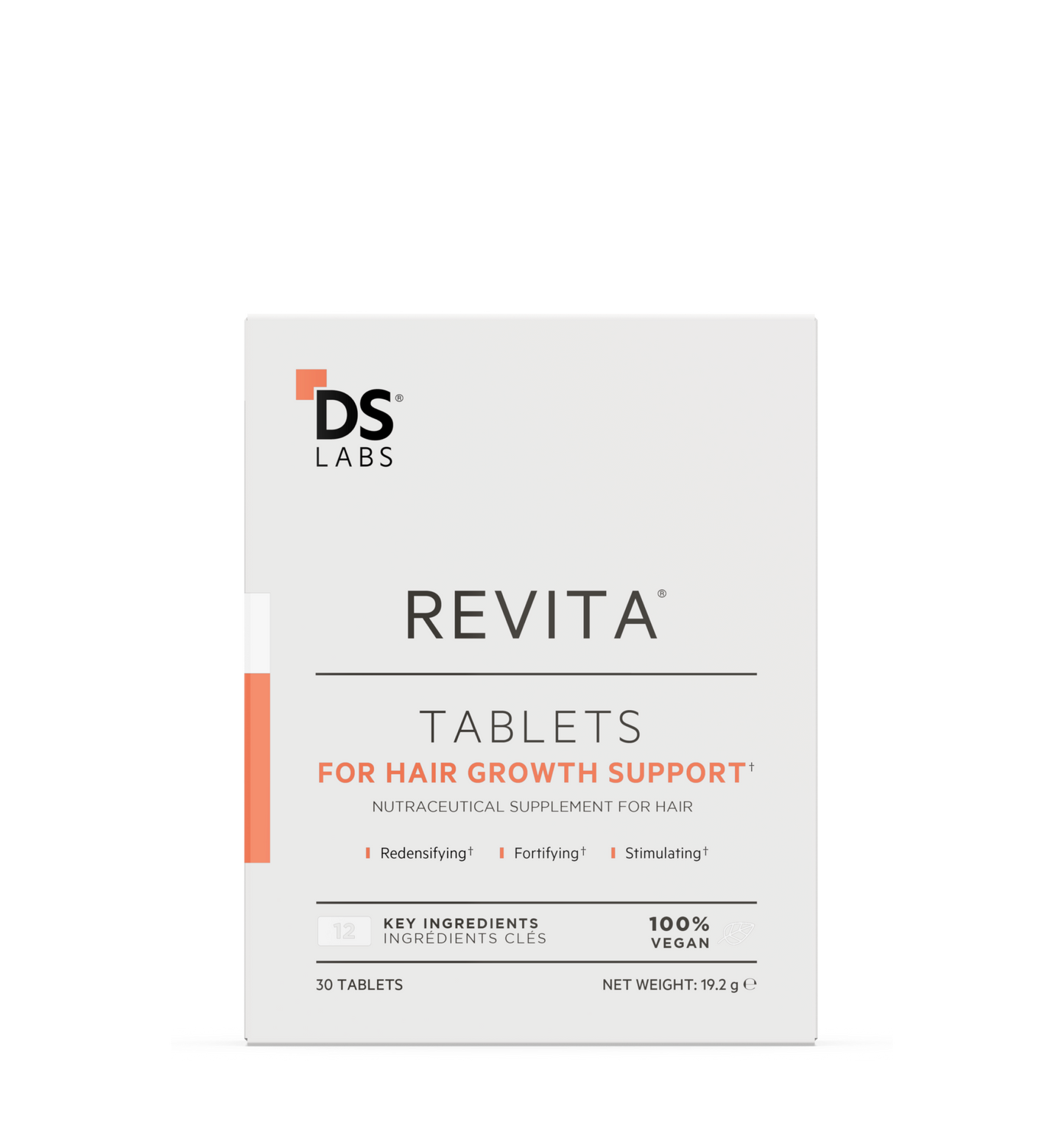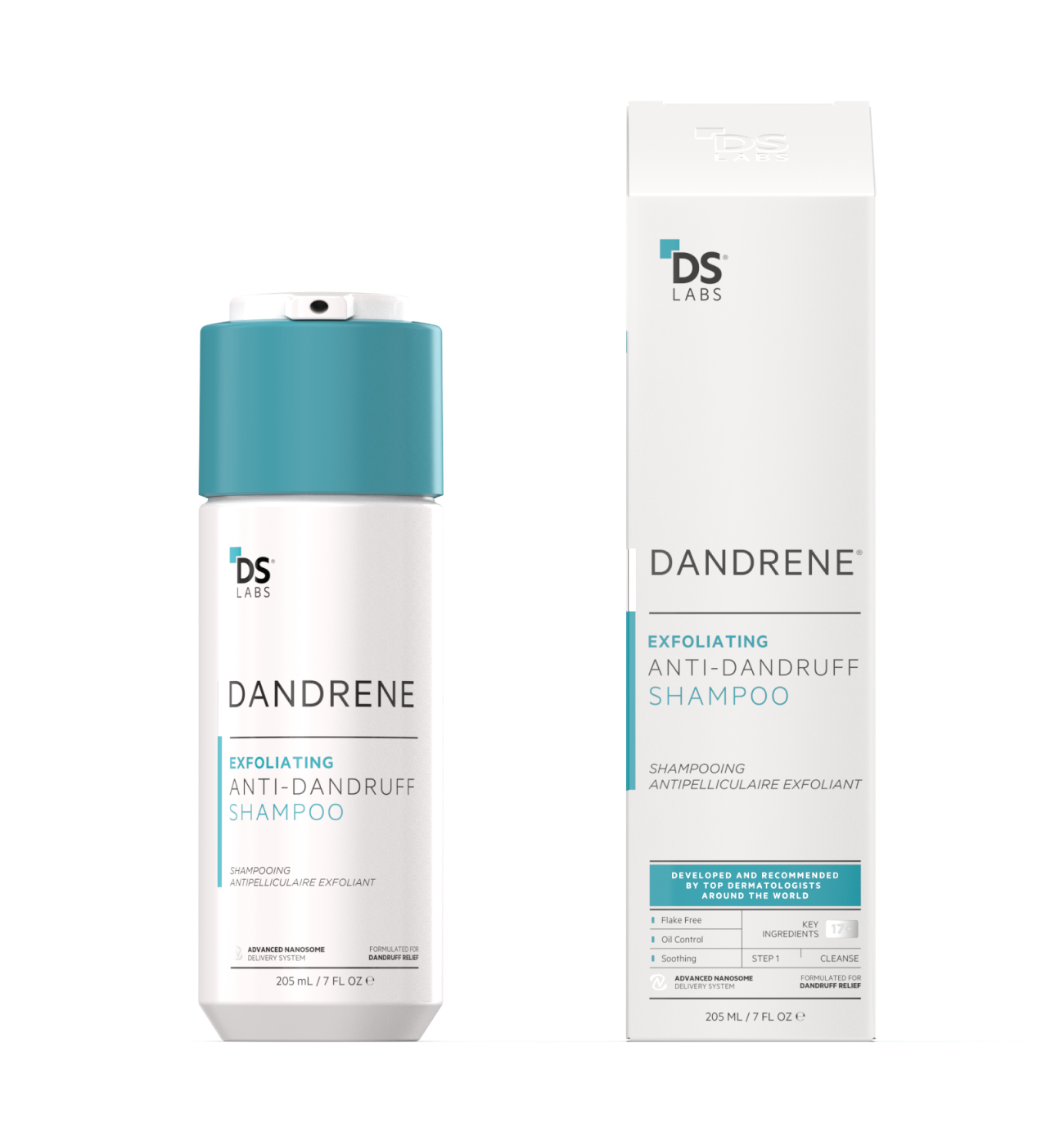Hair is not just a mere accessory; it’s a significant part of our identity and self-expression. However, the experience of thinning hair can be disheartening and distressing. In this blog, we’ll delve into the science and common factors behind thinning hair, shedding light on five key root causes: lifestyle choices, stress, hormones, metabolism, and the inevitable process of aging. By understanding these factors, you’ll be better equipped to take proactive steps to maintain a healthier head of hair.
Lifestyle Choices - The Foundation of Hair Health:
The way we live our lives has a profound impact on the health of our hair. Poor dietary choices, excessive alcohol consumption, smoking, and lack of exercise can all contribute to thinning hair. Your hair thrives on essential nutrients, so a balanced diet rich in vitamins, minerals, and proteins is crucial for its vitality.
Stress - The Silent Saboteur:
Chronic stress is a modern-day plague that can wreak havoc on our hair. The stress hormone cortisol, when elevated for extended periods, can disrupt the hair growth cycle, leading to thinning. Incorporating stress-reduction techniques into your daily routine, such as mindfulness, meditation, or yoga, can help you manage stress and protect your precious locks.
Hormones - The Chemical Messengers:
Hormones play a pivotal role in hair health. Imbalances, such as those seen in conditions like polycystic ovary syndrome (PCOS) or thyroid disorders, can lead to hair thinning. Hormonal fluctuations during pregnancy and menopause can also impact hair density. Consulting a healthcare professional can help identify and address hormonal issues that may be contributing to your hair woes.
Metabolism - The Body’s Engine:
Metabolism, the body’s process of converting food into energy, affects various bodily functions, including hair growth. Conditions like diabetes and metabolic syndrome can negatively impact hair health. Managing these conditions through a balanced diet and regular exercise can help maintain a healthy metabolism and, in turn, support hair thickness.
Aging - The Inevitable Process:
As we age, our hair naturally undergoes changes. Hair follicles may shrink, leading to thinner strands. Additionally, the hair growth cycle may slow down, resulting in reduced hair density. While aging is a natural process, adopting a hair care routine tailored to your changing needs can help you maintain the best possible hair quality as you grow older.
Conclusion:
Understanding the root causes of thinning hair is the first step toward effective prevention and management. While lifestyle choices, stress, hormones, metabolism, and aging can all contribute to thinning hair, it’s important to remember that you have the power to influence these factors positively. A healthy diet, stress management, hormonal balance, metabolic care, and age-appropriate hair care can all play a significant role in preserving the thickness and vitality of your hair. Embrace these strategies to nurture your locks and enjoy the confidence that comes with a full, healthy head of hair.















